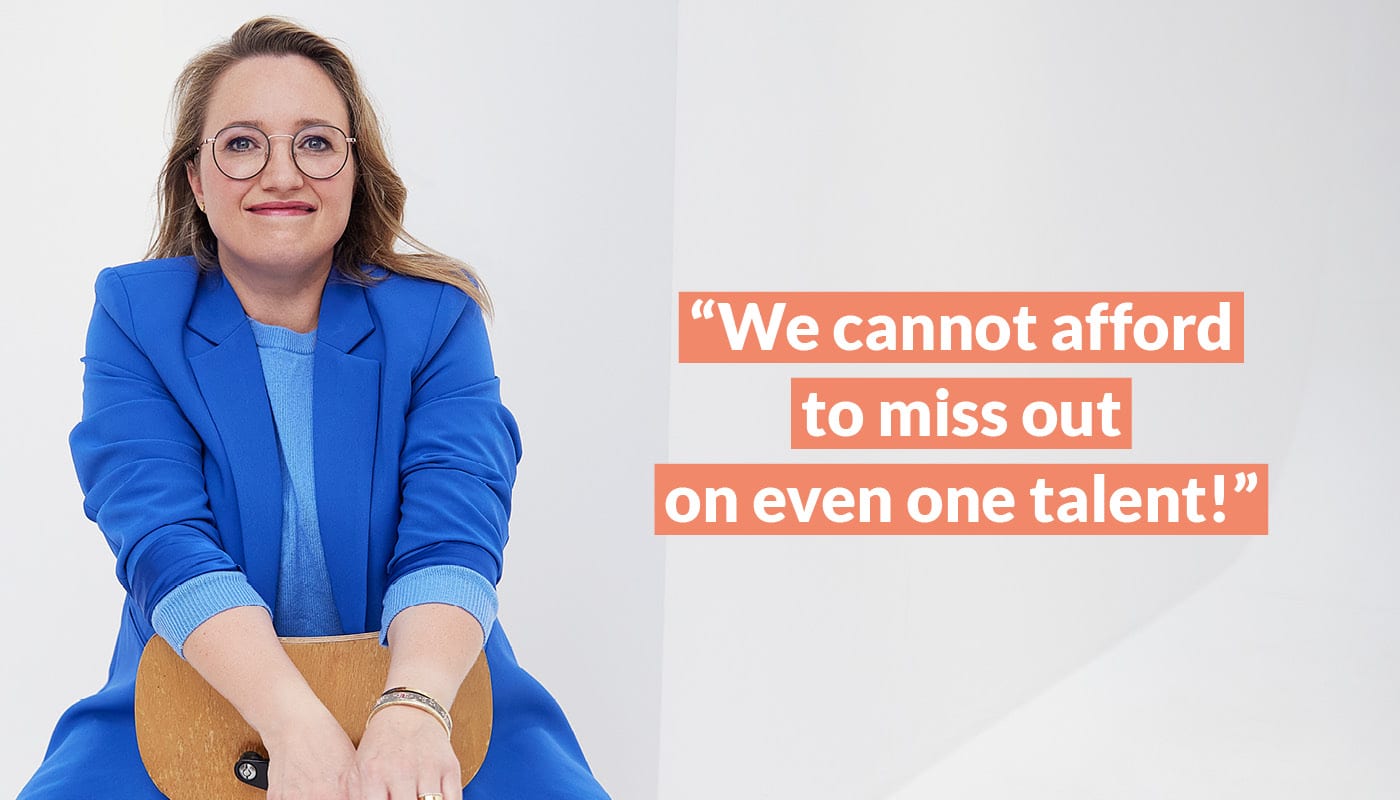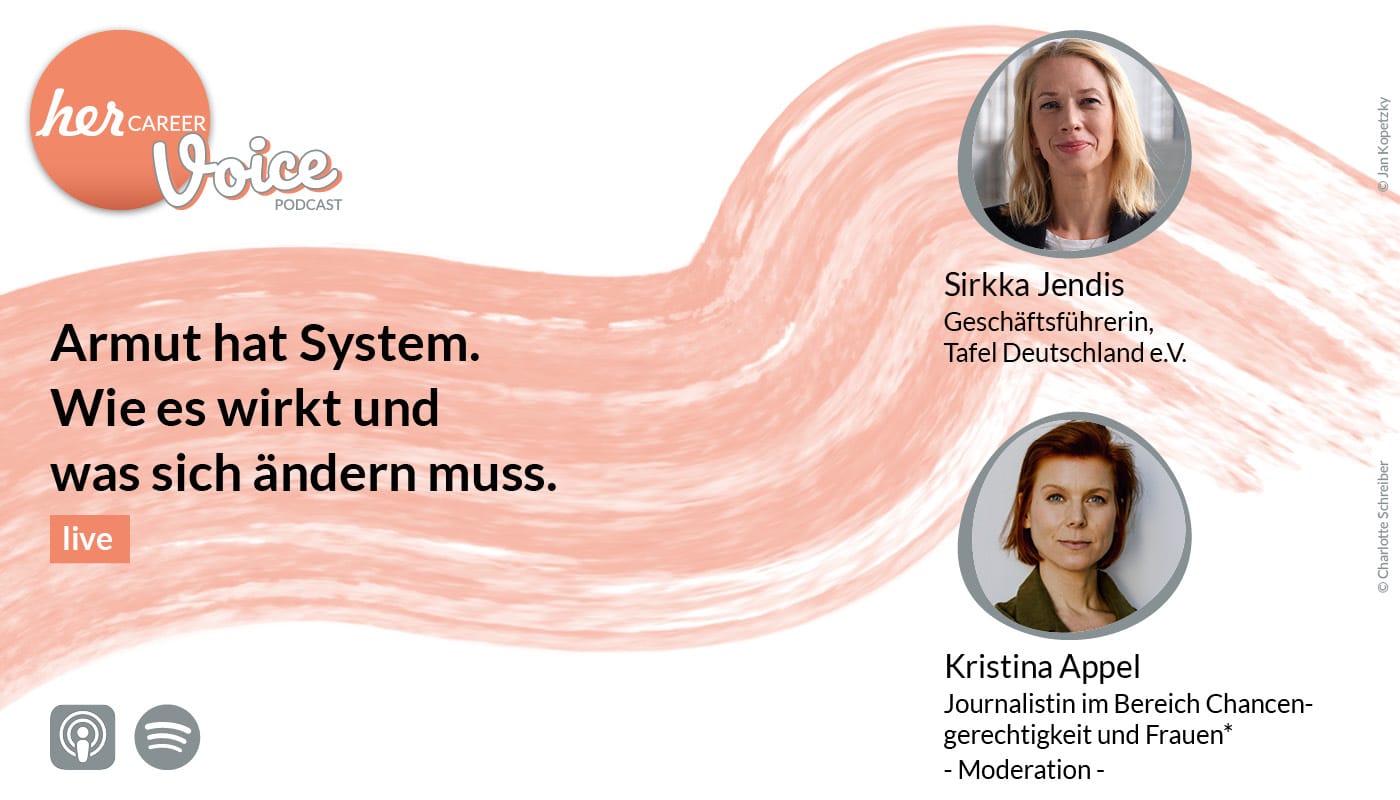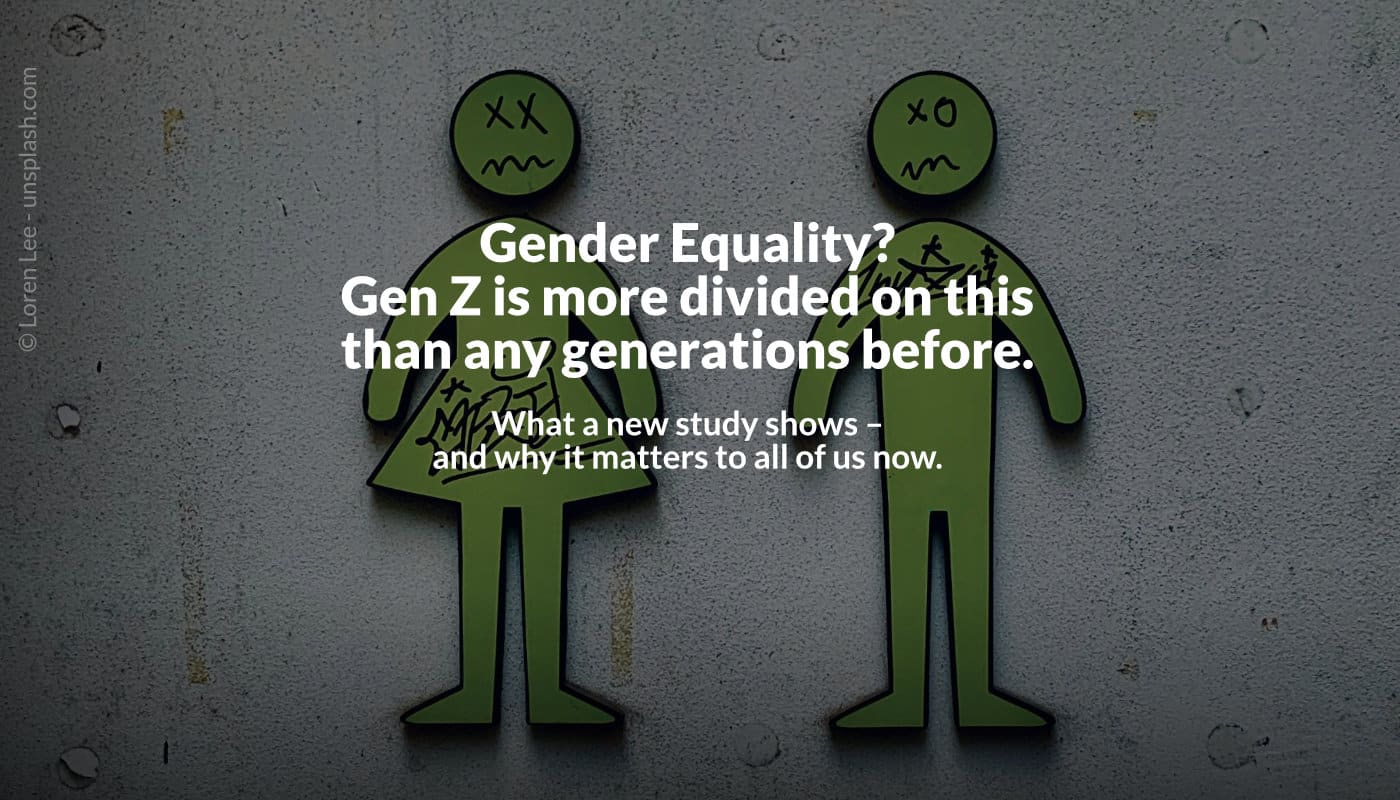Household chores, childcare, caring for relatives: Women perform more unpaid caregiving work than men. This not only affects their retirement, but also the job market. What can men do to bring about change?” asks Jasper Steinlein from Tagesschau.
According to the Federal Ministry for Family Affairs, Women spend around 30 hours a week caring for others, while men only spend 21 hours. This amounts to a daily difference of 77 minutes. The disparity is particularly significant in heterosexual households with children. “While fathers engage in more paid work than men without children, mothers of young children, in particular, engage in less paid work than women without children in the household.”
To draw attention to the unequal distribution of caregiving work, Almut Schnerring and Sascha Verlan declared the Equal Care Day, which took place two weeks ago.
Verlan, a father of three children, says, “It requires a fundamental change in upbringing so that boys are also raised to take on caregiving tasks and later reflect as men: How do I live my relationships? How do I take responsibility there?”
He adds, “We will not be able to solve this challenge at the individual level.” He focuses on the economy, pointing out “how much companies benefit from the assumption that caregiving work is taken for granted and thus exploited” – work performed for free or poorly paid by parents, educators, and teachers.
Anja Weusthoff from the Alliance for Fairly Sharing Care Work sees it as the responsibility of the federal government and calls for better conditions through political decisions. For example, “the two-week paid leave for fathers (…) after the birth of a child, the expansion of non-transferable parental leave months, and the wage replacement for caregiving periods.”
The HR consultant Michel Rothgaenger, who shares both the wage work and caregiving responsibilities with his wife Stefanie Salomon on a daily rotation (see also Tagesschau video), is also setting new standards in his company. He hires mothers and trains single parents because he has found that they are particularly well-organized.
He still sometimes encounters a company directive: “Please, no women!” “In such cases, we strongly counteract by only suggesting women, thus somewhat forcing them to hire women,” says Rothgaenger. “That works quite well.”
Companies need to understand that they are not performing social service but gaining an economic advantage. Steinlein adds, “Because those who break free from old patterns of working hours and gender roles ultimately have more skilled workers to choose from.”













